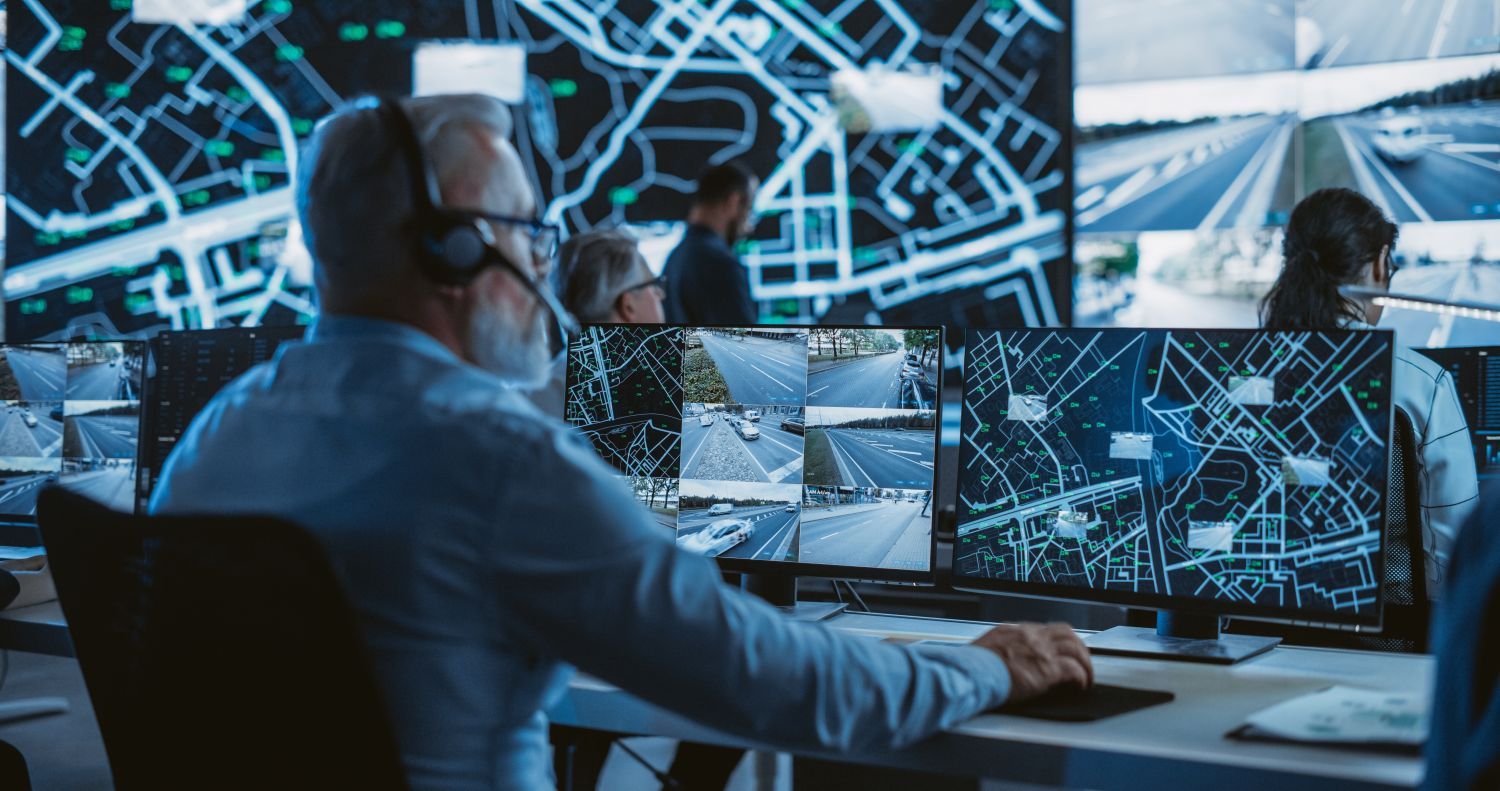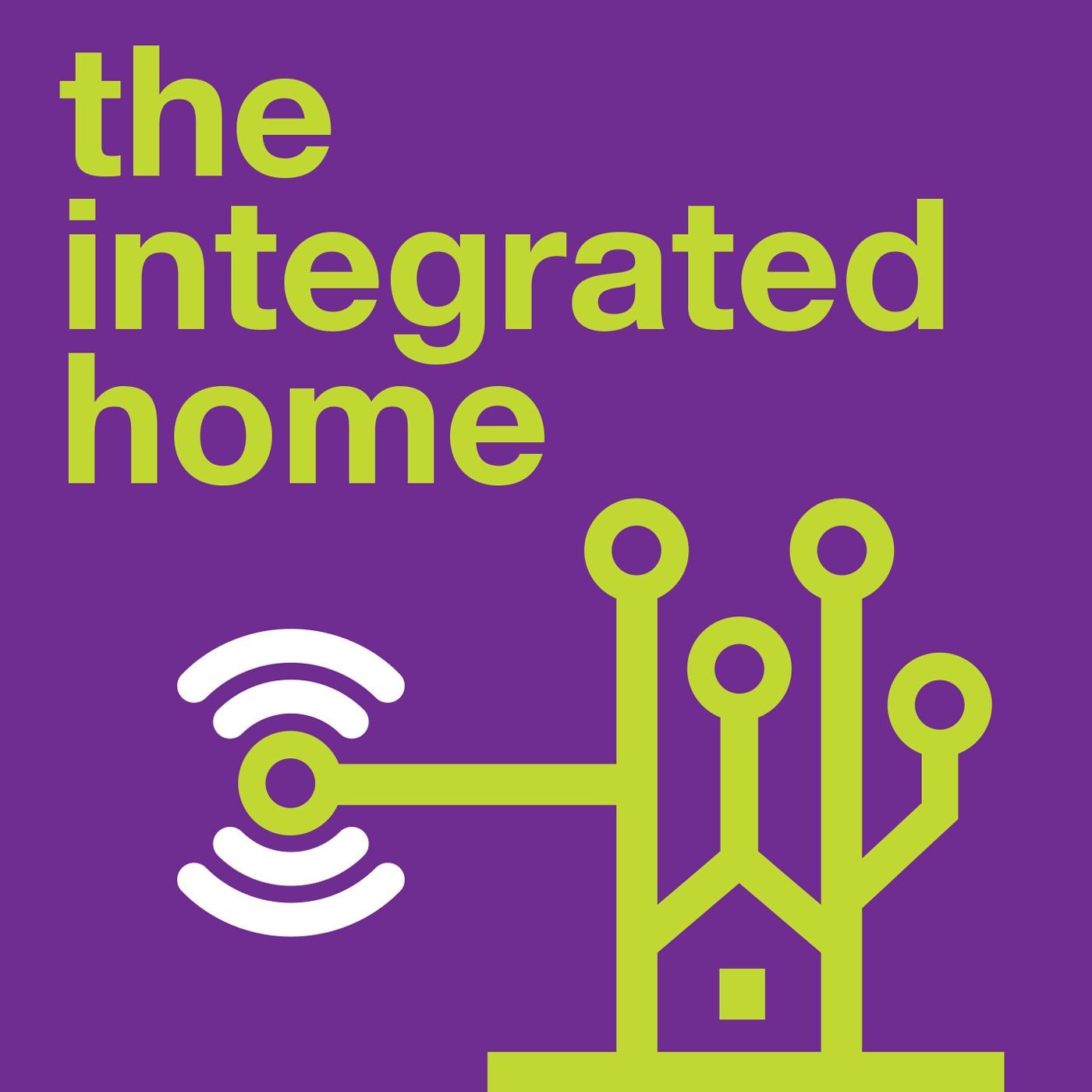
The intelligence that control rooms need most is artificial
ISE InsightsWhile gesture-controlled interfaces haven’t quite arrived everywhere yet, multi-touch screens, facial recognition and ubiquitous digital displays are relatively widespread.
But the most recent upgrade to control rooms’ rapidly-evolving technology stack has the potential to be the most exciting of all in terms of business outcomes. The introduction of ever more sophisticated artificial intelligence (AI) tools mean that real-time analysis and processing of historical data will lead to potential issues often being predicted before they occur – just like in Minority Report.
Armed with these predictive insights, operators will be able to proactively take preventative measures and resolve problems in advance. But the benefits of AI in control rooms don’t end there.
Technical benefits of AI in control rooms
By introducing AI to control rooms, organisations can enhance the scope of capabilities and overall efficiency. Alongside the improved decision making facilitated by real-time analysis and predictive analytics, AI can enhance situational awareness – helping operators visualise complex information and understand the broader context of events.
Reduction of information overload is another advantage of AI usage in control room environments. Control rooms often deal with vast amounts of data from various sources. AI can help process and analyse this data efficiently, providing relevant insights and reducing information volume from overwhelming to actionable for a human audience.
Intelex’s iSentry solution has done just that for South African CCTV monitoring company AI Surveillance. Using advanced AI technology, iSentry has improved control room incident detection performance by ‘watching’ 100% of video input and autonomously detecting and flagging potential incidents.
But perhaps most significantly in the eyes of the CFO, the increased efficiency that AI creates almost always leads to direct cost savings.
Reducing the burden on operators
AI implementation can also help to get the best out of any control room’s key asset – personnel. By automating routine tasks, AI solutions free up operators to focus on more critical issues. In turn, this enables faster response times to incidents as both initial actions and the provision of relevant information can be automated.
The long hours and complex tasks associated with control rooms can also lead to human fatigue, which increases the risk of errors. AI can help to counteract this by automating routine tasks and providing alerts for potential issues, reducing the cognitive load on operators. It can also play a role in identifying and preventing errors in a broader sense by detecting anomalies and inconsistencies in data.
Playing nicely with humans
Considering the plethora of benefits that it can offer, it might initially sound plausible that AI could replace humans in a control room environment altogether. But this is very unlikely to happen anytime soon. Many tasks in control rooms involve complex decision-making – they often require human judgement, intuition, and adaptability. AI, while powerful, will struggle to replicate these human qualities in all scenarios.
Implementing AI in critical environments like control rooms also raises ethical questions about accountability, transparency, and the potential for bias. Human oversight is essential to ensure these issues are kept in check.
Finally, control rooms often deal with unexpected and unpredictable events. Human operators can adapt and respond to these situations more effectively than AI systems, which may be limited by their pre-programmed responses.
So instead of replacing human jobs, AI will augment them by automating routine tasks, providing valuable insights, and supporting decision-making. This leads to humans performing higher value work. These significant benefits mean it’s crucial for organisations to invest in upskilling human operators, ensuring they have the skills necessary to work effectively with AI and leverage its capabilities.
For more information on how to do this effectively while mitigating potential risk factors such as over-reliance on AI, why not join us at the Control Rooms Summit at ISE 2025 for a further in-depth exploration of the future of control rooms?
A message from ISE - stay informed!
ISE is the world-renowned annual tech show for the AV and systems integration industry, taking place in Barcelona, 4-7 February 2025. It will spotlight the latest control room solutions from leading manufacturers, including interactive displays, KVM solutions, videowall controllers, control room furniture and much more besides.
To discover the latest solutions and innovations from the control room suppliers exhibiting at ISE, as well as the hottest industry trends, sign up now for updates.
Don't miss out – join our community today and stay at the forefront of control room technology.
Chris Dreyfus-Gibson is a seasoned consulting leader who helps clients re-imagine public services. Leveraging his experience as a senior police officer, Chris' expertise lies in designing and delivering innovative solutions that enhance citizen experiences, optimise operations, and drive digital transformation. With a specific interest in critical control rooms and emergency contact centres, Chris is founding vice-chairman of the International Critical Control Rooms Alliance, brings together critical control room professionals from across all industries and sectors to help deliver excellent mission critical services.s



)
)
)
![[inst]ALLICHT](https://cdn.asp.events/CLIENT_Integrat_169E7B04_E6F3_39F6_8BE4DB27C54F731E/sites/ise-2025/media/libraries/partners/Inst_Allicht_Logo.png/fit-in/500x500/filters:no_upscale())
)
)
)
)
)
)
)
)
)
)
)
)

)
)
)
)
)
)
)
)
)
)
)
)
.png/fit-in/500x500/filters:no_upscale())
)
)
)
)
)
)
)
)
)
)
)
)
)
)
)
)
)
)
)
)
)
)
)
)
)
)
)
)
)
)
)
)
)
)
)
)
.png/fit-in/500x500/filters:no_upscale())
)
)
)
)
)
)
)
)
)
)
)
)
)
)
)
)
)
)
)
)
)
)
)
)
.png/fit-in/500x500/filters:no_upscale())
)
)
)
)
)
![rAVe [PUBS]](https://cdn.asp.events/CLIENT_Integrat_169E7B04_E6F3_39F6_8BE4DB27C54F731E/sites/ise-2025/media/libraries/partners/rAVe-PUBS-Google-Logo.png/fit-in/500x500/filters:no_upscale())
)
)
)
)
)
)
)
)
)
)
)
)
)
)
)
)
)
)
)
)
)
)

)
)
)
)
)
)
)
)
)
)
)
)